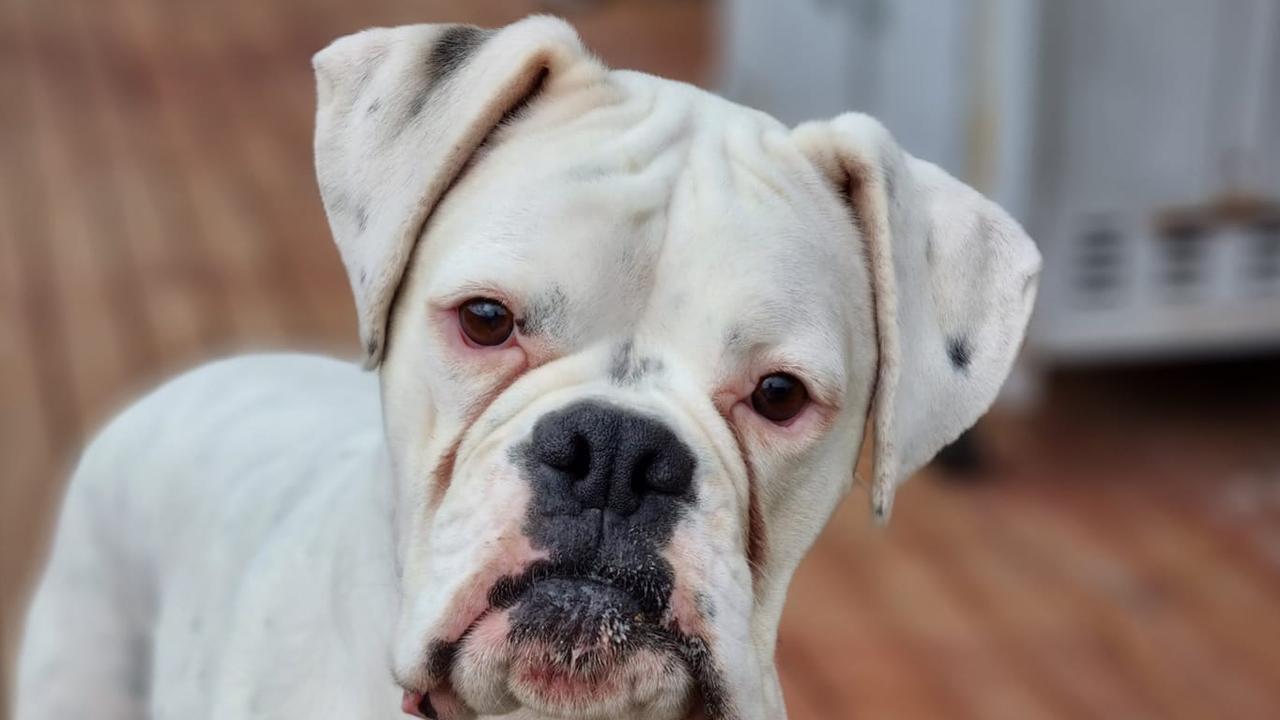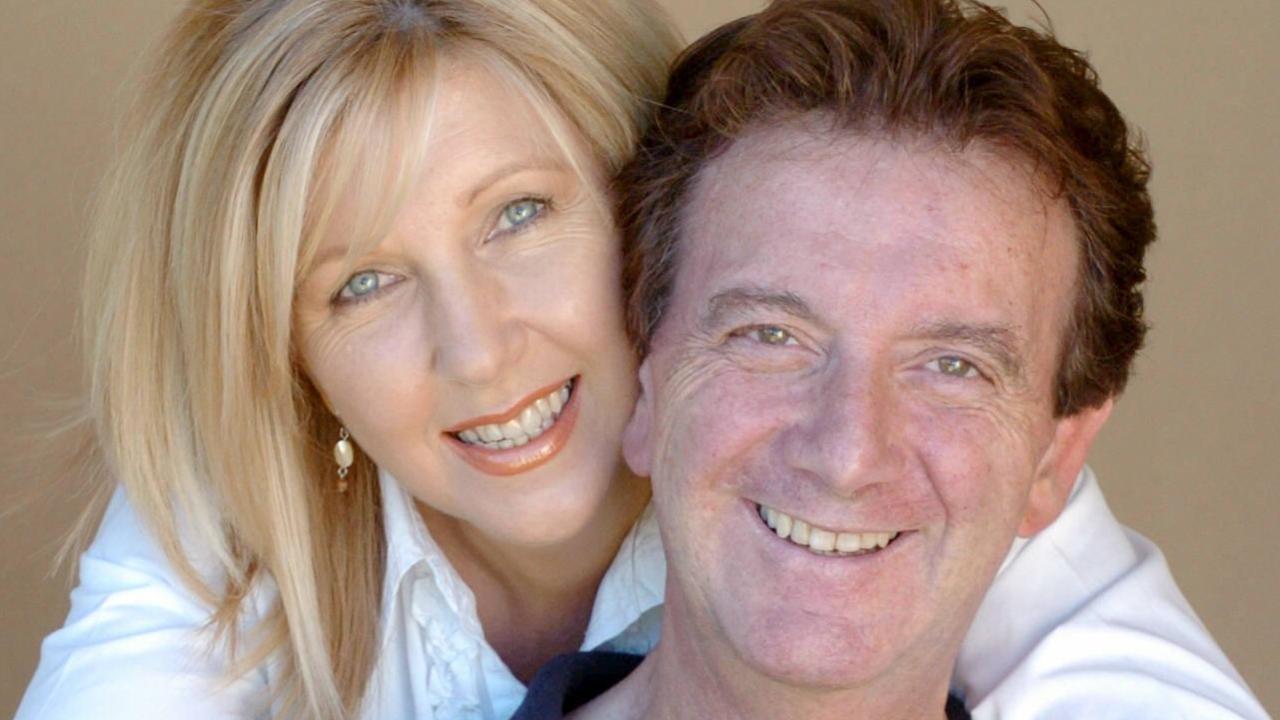‘Giving myself the best opportunity at motherhood’: Why more Aussie women are undergoing this procedure
They’re well-educated, financially stable and single. And they’re among an unprecedented number of Aussie women determined to outpace the biological clock.
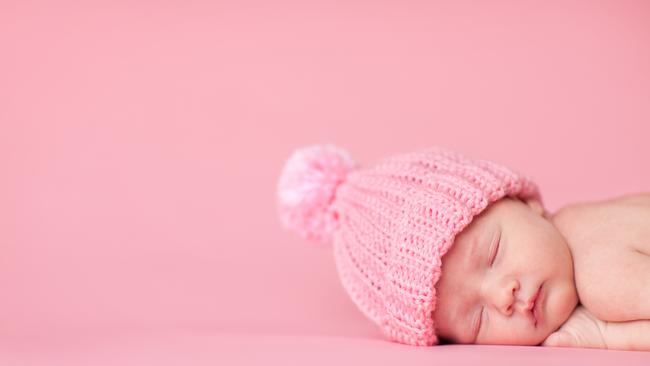
SA Weekend
Don't miss out on the headlines from SA Weekend. Followed categories will be added to My News.
Rebecca MacBean dreams of motherhood.
“I always wanted children, and I just feel like my thirties have passed me by,” the 37-year-old says.
I can hear in her voice the longing for a baby as she talks me through the past few years of her life. A relationship breakdown followed by the unanticipated two years of lockdown saw her return from Western Australia to her homeland of Scotland. Then last year, at age 36, the ICU nurse found herself still single and yearning for a child of her own. It was a desire that led her to freeze her eggs.
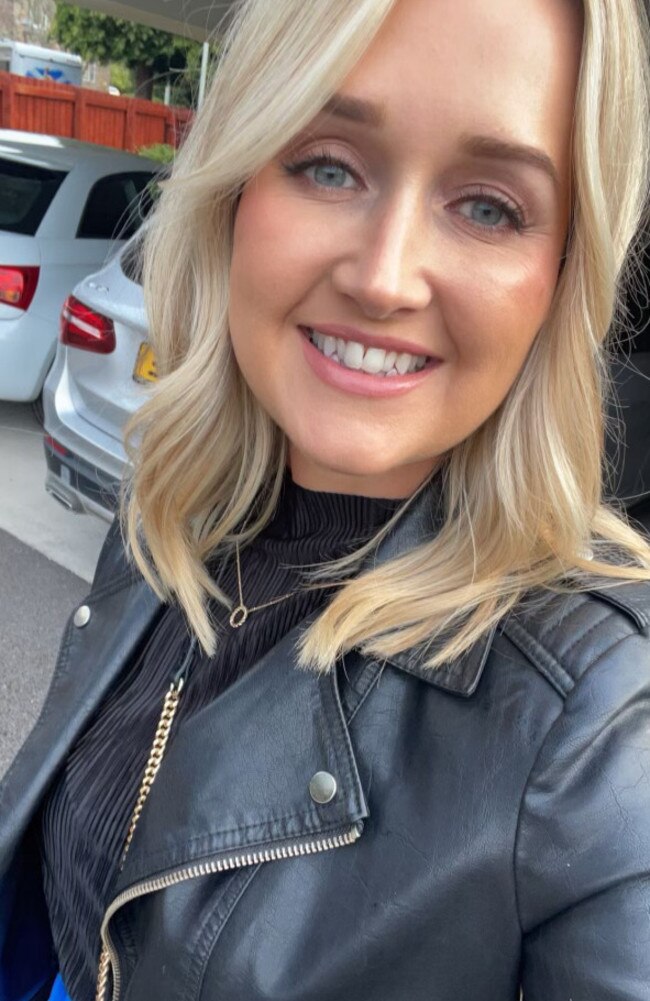
“I suddenly had this realisation that I don’t think I’ll have kids in the next two years, so to give myself the best chance I decided to go for freezing,” she says.
She isn’t alone. The demand for egg freezing has boomed in Australia in recent years. According to the report from the University of NSW, Assisted Reproductive Technology in Australia and New Zealand 2021, which was published last year, there were 5881 fertility preservation cycles across both countries in 2021. It’s a staggering 61.5 per cent increase from the previous year. And more than a third (36.5 per cent) of those cycles were for non-medical reasons, such as not having a partner.
What was once considered technology reserved for couples with fertility challenges or medical issues, such as a cancer diagnosis, egg freezing has now emerged as a choice for women who want to electively preserve their fertility. And there’s one particular demographic where the demand is growing.
She’s in her late thirties, well-educated, financially stable. She’s also single – and still looking for her perfect partner to achieve the one thing in life that seems beyond her control.
“It literally feels like the clock is ticking,” MacBean says.
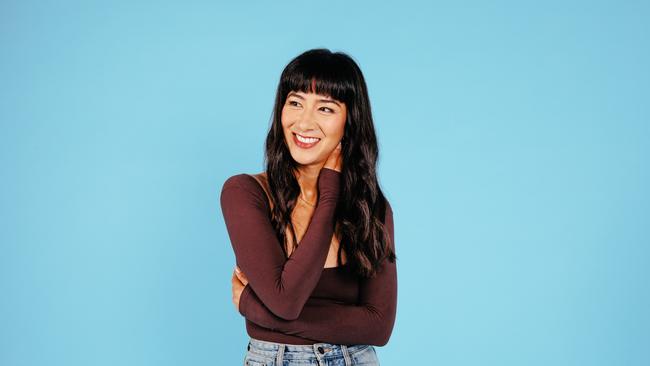
Linda Marigliano, 39, agrees.
“If I had just been a handful of years younger, if I had been a man, I don’t think this would have stressed me out as much.”
In 2020, the former Triple J announcer, now podcaster and author, was ready to enter the next stage of her life. She was in a committed, long-distance relationship with her California-based partner. She’d quit her job, packed up her apartment and was moving from Sydney to Los Angeles to be with him when the pandemic hit, keeping them apart for a further 18 months.
“Like everyone at the time, I was feeling anxious and very uncertain about the future,” Marigliano says.
“Egg freezing felt like something I could do to feel a little bit in control over a situation that felt so very out of control.”
Fertility in women starts to decline after the age of 30. It’s accelerating towards menopause from 35. By age 40, the chance of conceiving naturally drops to about 5 per cent.
Doctors say egg freezing is relatively straightforward. To undergo one cycle, a woman will have to self-administer daily hormone injections for two weeks. This is followed by egg retrieval, which is a procedure that takes place under anaesthetic in hospital. Depending on the number of eggs retrieved, doctors may recommend additional cycles. The women I interviewed agreed that the physical side is an easy process.
However, it’s the emotional and mental burden they carry alone that weighs heavily on their minds. Their fertility represents a finite window to conceive, a constant reminder that time could be making the choice for them, rather than being able to choose themselves. It’s what is keeping them up at night while the men in their lives sleep soundly.
“That was one of my mental hurdles going into it. I have such a fierce sense of equality between the genders that I feel a sort of resentment around it,” Marigliano says. “There is a level of pressure there that exists for women that just doesn’t exist for men.”
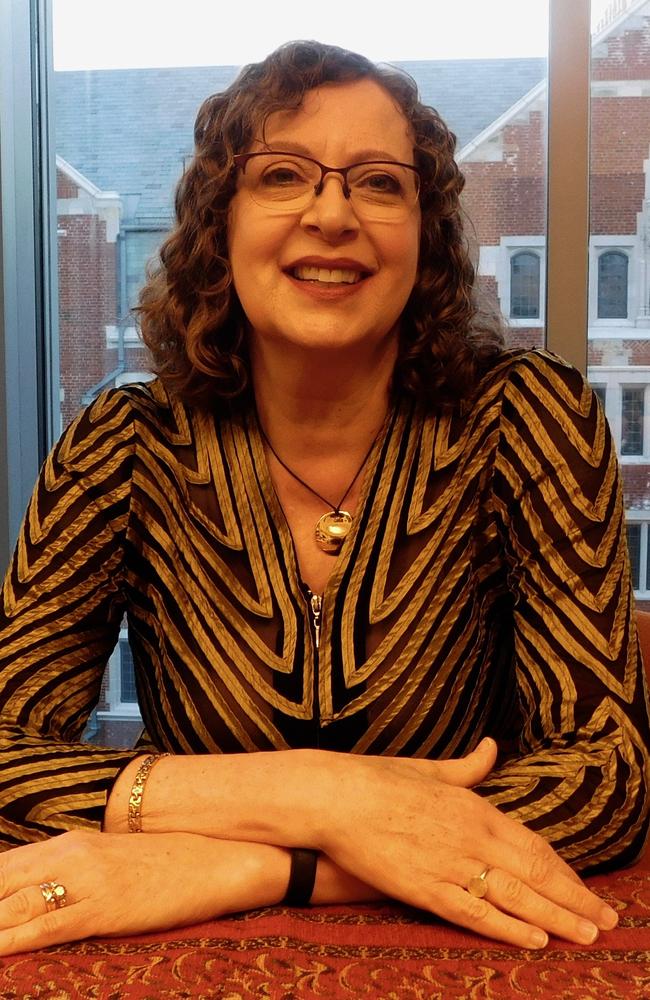
Anthropologist Professor Marcia Inhorn undertook the world’s most extensive study into the motivations behind why women freeze their eggs. It took 10 years of research, resulting in a book featuring stories from 150 American women titled, Motherhood On Ice. Inhorn initially hypothesised that women were choosing to freeze their eggs to focus on their careers. But it was immediately clear what she found was entirely different.
“They are doing this because they haven’t found their life partner. Women don’t want to settle or just enter a marriage for the sake of it. Women now have higher expectations than their mothers did. Their mums always told them they can have it all. They can have a good career, be self-sufficient and have a good marriage that’s equal. So, women have that ideology. They’ve been socialised to want equality and expect these social norms. However, men haven’t been socialised the same,” she says.
Inhorn calls this “the mating gap”: a lack of eligible men who want a family. Unlike men, women are acutely aware of the pressure to settle down and feel like they are on a predetermined timeline. This silent and often private stress, she notes, is a global phenomenon.
“They want partnership, pregnancy and parenthood. And they want it with someone who understands them, someone who isn’t intimidated by them and someone who is eager. And I learned women around the world are finding that extremely difficult to find.”
Then there’s the financial pressure it puts on women. The average cost of one cycle is about$7000. There are Medicare rebates for those who have a medical issue that affects fertility. But for women doing this for non-medical reasons, Medicare doesn’t cover it.
“The money issue is a really big deal,” Inhorn says. “Women often say they used their entire life savings to pay for this and that’s a huge issue. It’s then putting women behind even more financially, compared to men.”
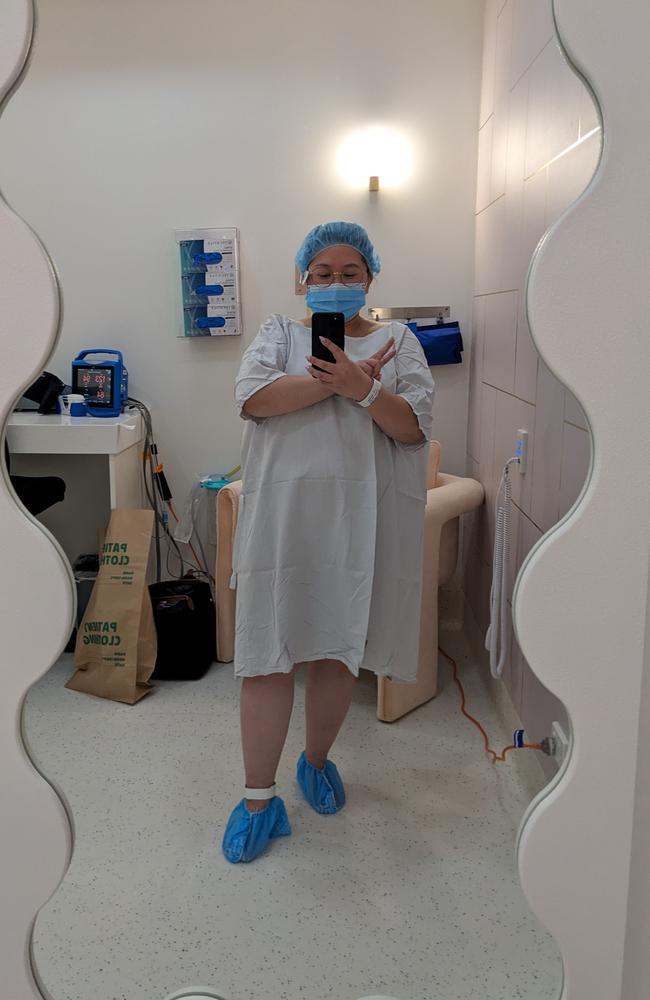
Anh Tran, 35, who lives in Victoria, was eligible for a rebate due to having a low ovarian reserve, but still ended up $25,000 out of pocket after freezing her eggs last year.
“It was a decision between do I put this money towards a deposit so I can buy a house one day, or do I save my eggs? For me, I can always work harder and save again to buy a house, but I can’t go back in time and save my eggs,” Tran says. She says she made the decision after a long-term relationship broke down. Most of her friends have kids, and seeing them made her realise that she wants her own children one day. After four cycles, she walked away with 30 frozen eggs.
“I really want to be a mum one day, but I don’t want a biological time bomb over my head telling me I need to be a mum now when I’m not ready,” Tran says.
Of course, after months, and sometimes years, of treatment, there’s no guarantee the eggs waiting on ice will produce a baby.
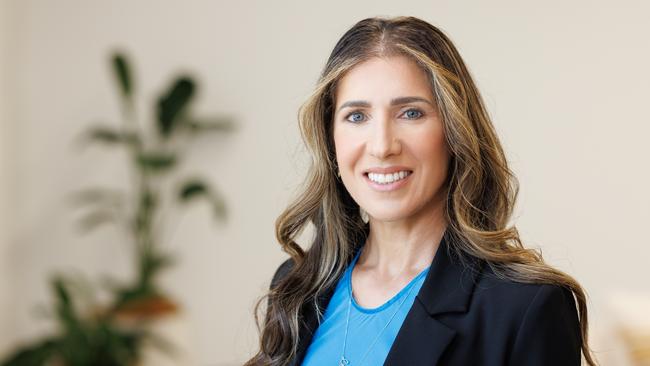
Genea fertility specialist Dr Genia Rozen says: “When women who are under 38 have frozen at least 15 to 20 eggs, over 80 per cent will be able to have a baby with those eggs.”
It’s estimated just 10 to 20 per cent of women come back to use their eggs. The answers why vary. Some do end up meeting Mr Right and have children naturally. Others don’t want to do it alone, so give up on their dream.
Already overwhelmed by the mental load of carrying the weight of fertility alone, all the women who shared their story with me said they can’t imagine then having to become a solo parent by choice.
They want fertility to become a social conversation, to ease the silent burden that falls onto women. They suggest women should be encouraged to talk more to the men in their lives, like their brothers and male friends, about egg freezing and fertility. Additionally, they emphasise the need for government policy that’s inclusive of all fertility barriers, not just medical. They want women who electively freeze their eggs to be able to get support.
“My strong opinion is that there should be policies that help women with this in the same way there are policies around parental leave and childcare,” Marigliano says. “That way you’re supported from before you even conceive right into parenthood.”
The experts agree. They believe discussion of fertility should be as routine as conversations about contraception and sexually transmitted diseases. They suggest implementing education about fertility into school programs as well as through discussions with general practitioners.
“This is a societal issue. Educating people at an earlier age about their fertility, and then encouraging and supporting women through various policies to have children is something we should be investing in,” Rozen says.
Despite the emotional pressure it can add, women say they don’t regret doing it, leaving their appointments with a sense of relief and the hope of one day holding a baby in their arms.
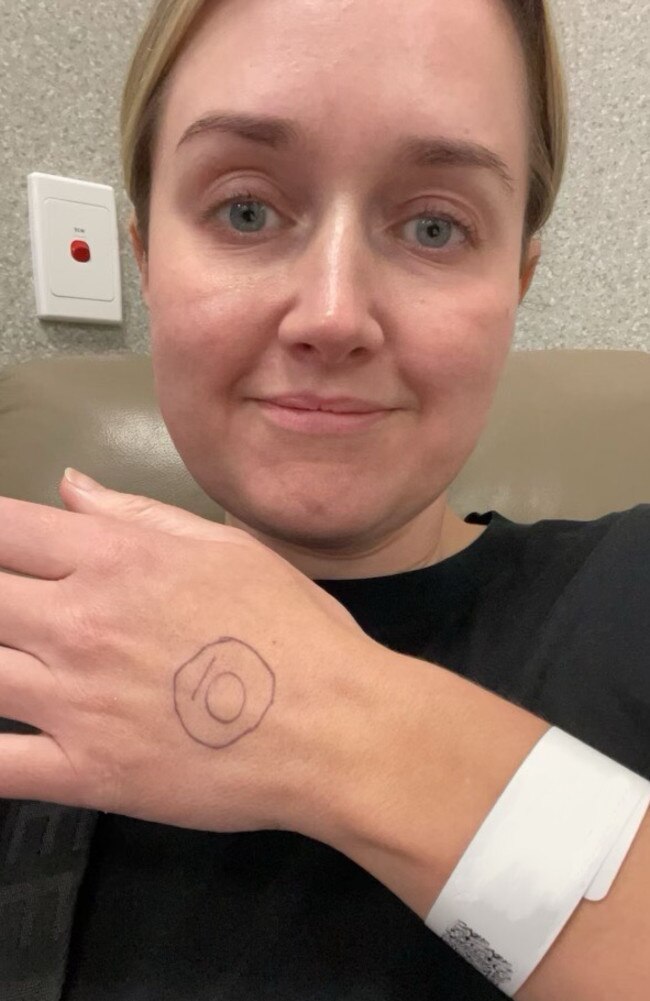
MacBean has 20 eggs frozen. But she still hopes to meet “the one” before it’s too late.
“The guys I see on dating apps are in their forties and say they’re not sure about children. While they have the luxury of time on their side, for me, for women, we have to make a decision now. It takes up a lot of my time worrying about this.”
Marigliano ended up undergoing two cycles of egg freezing at age 36 and 37. When international borders reopened, she was able to join her partner in LA where they both now live.
She says she has no regrets.
“It’s not a guarantee, but I know I’ve given myself the best opportunity at motherhood.”
And then in April, she announced her first pregnancy to her 70,000 social media followers. A baby that was conceived naturally. Her frozen eggs are still here in Australia, which, she says, could possibly be used for baby number two.
More Coverage
Originally published as ‘Giving myself the best opportunity at motherhood’: Why more Aussie women are undergoing this procedure



